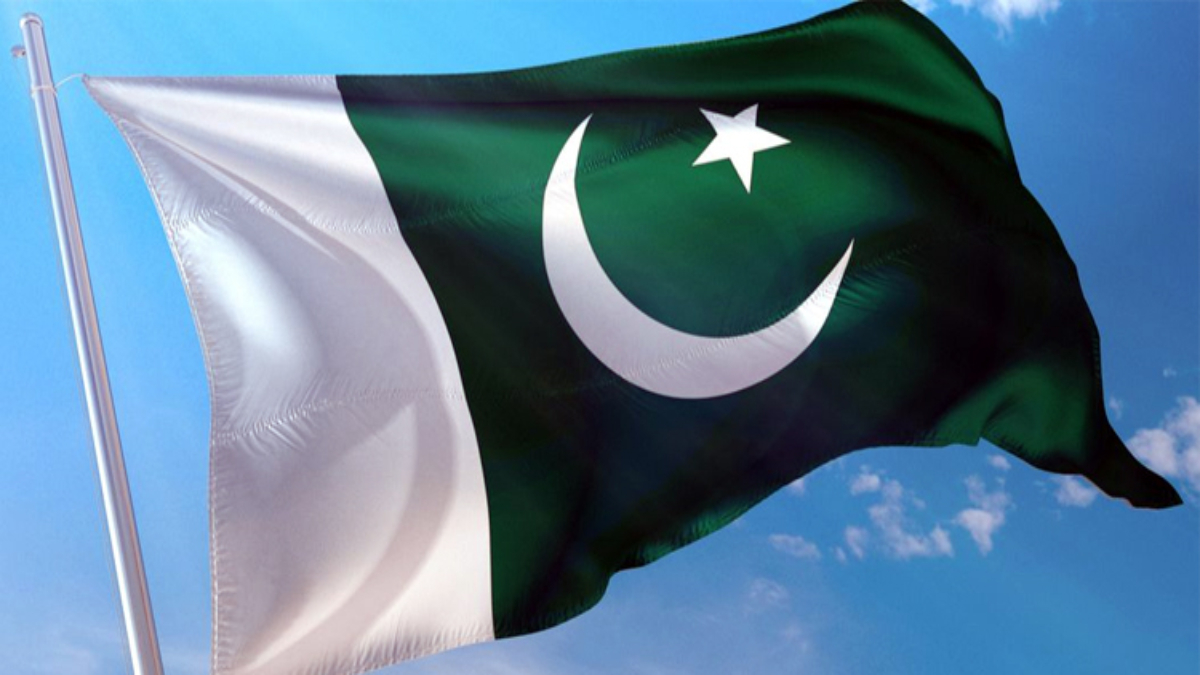According to the Union of Catholic Asian News (UCAN), the health of Shafqat Emmanuel, a Pakistani Christian sentenced to death for committing blasphemy, is in major decline due to his unfit imprisonment.
“The whole flesh on his backside has withered due to bed sores,” Saif-ul-Malook, Emmanuel’s lawyer, told UCAN. “The poor fellow is not taken to the hospital.”
According to a 2014 medical assessment, Emmanuel was diagnosed as a paraplegic and suffers from large pressure sores. According to family, Emmanuel has received little medical assistance since being sent to Faisalabad’s District Jail in 2014. This has contributed to his deteriorating health.
“The health of Shafqat Emmanuel is rapidly deteriorating,” a health alert from Amnesty International recently read. “He is completely paralyzed from the waist down and must rely on prison guards to perform the most basic tasks like leaving his bed and using the bathroom. His pain is worsening every day.”
Emmanuel and his wife, Shagufta Kausar, were accused and convicted of sending blasphemous text messages to a prayer leader at a mosque in 2013. The Christian couple denies the charges, pointing to the bogus SIM card presented as evidence at trial and the fact that both are illiterate unable to have written the text messages that were sent.
Despite this evidence, the couple was sentenced to death under Pakistan’s blasphemy laws. Since then, they have been jailed separately and have appealed their sentences of the Lahore High Court.
“It’s a bogus case,” Malook told UCAN. “All judges are afraid. Nobody wants to hear their case and keep tossing it to another bench.”
“A session judge who visited the Faisalabad jail described Shafqat as a hopeless case,” Malook continued. “It means that being Christian and a blasphemy accused is itself sufficient for being hated by police, judges, lawyers, and the overall society. They are left to die.”
In Pakistan, false accusations of blasphemy are widespread and often motivated by personal vendettas or religious hatred. Accusations are highly inflammatory and have the potential to spark mob lynchings, vigilante murders, and mass protests.
Since Pakistan added Section 295-B and 295-C to the country’s blasphemy laws in 1987, the number of blasphemy accusations have skyrocketed. Between 1987 and 2017, 1,534 individuals in Pakistan have been accused of blasphemy. Out of that 1,534, 829 accusations (54%), were made against religious minorities. With Christians only making up 1.6% of Pakistan’s total population, the 238 accusations (15.5%) made against Christians is highly disproportionate.
Courtesy: Presecution

